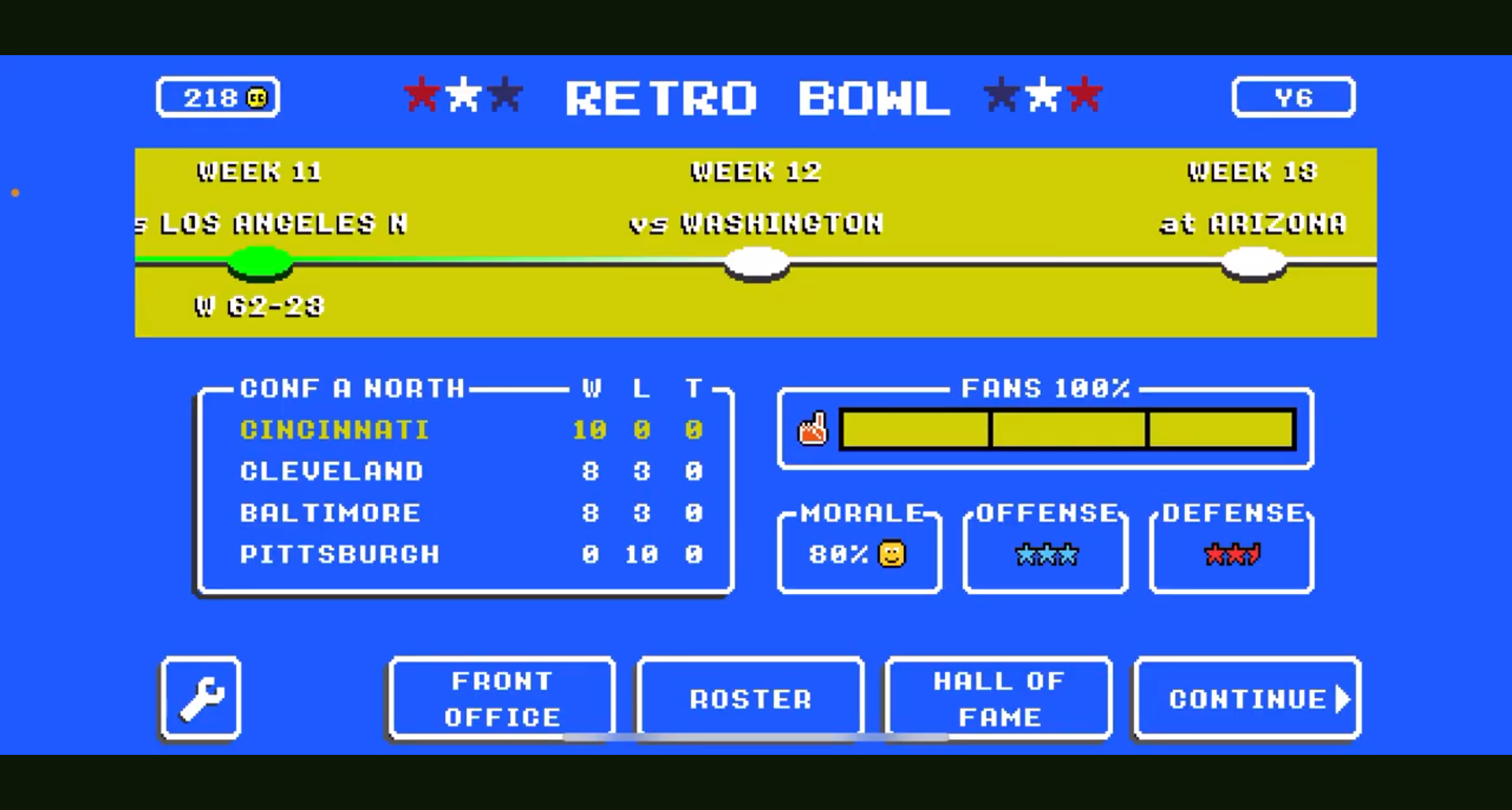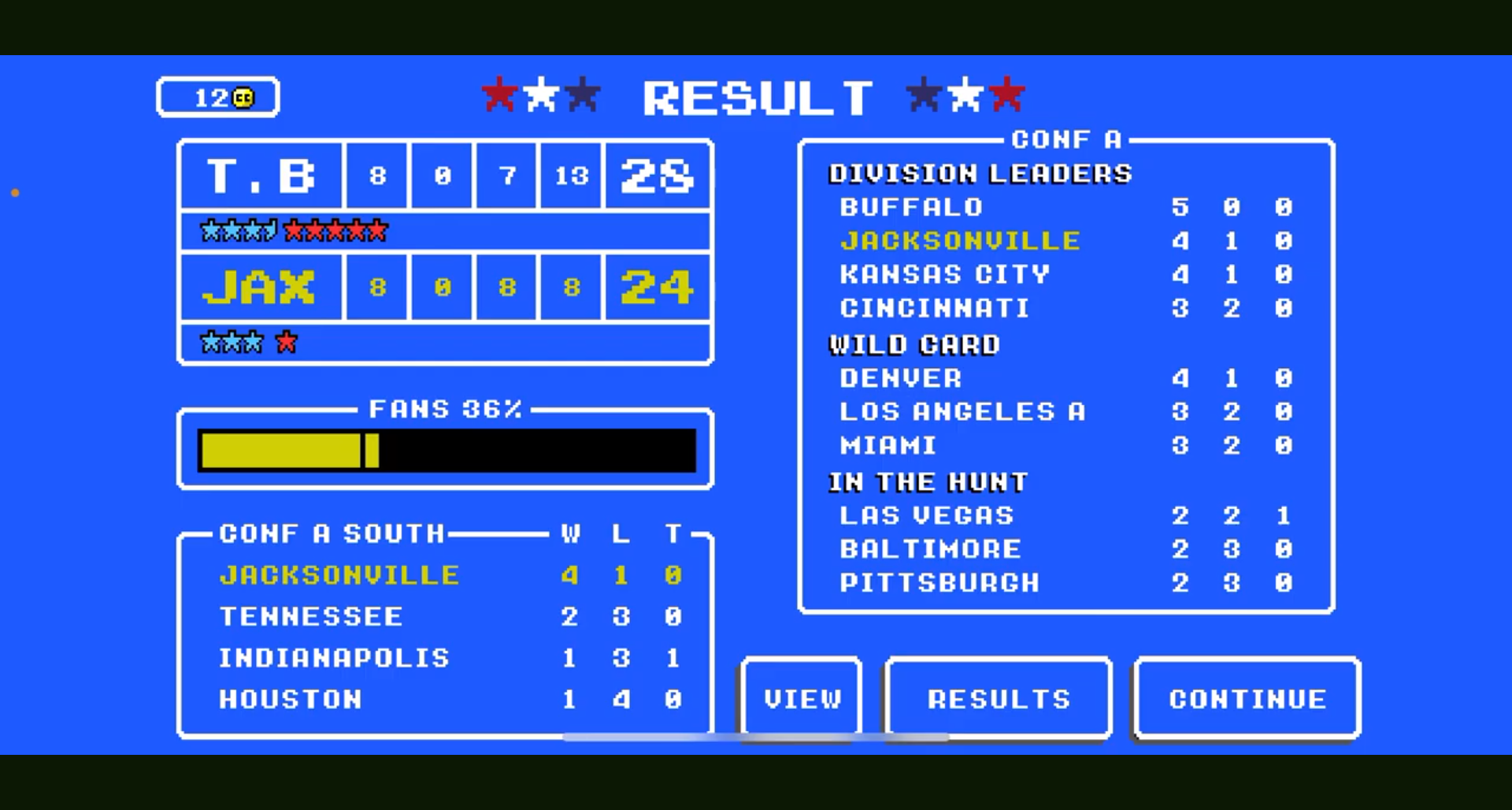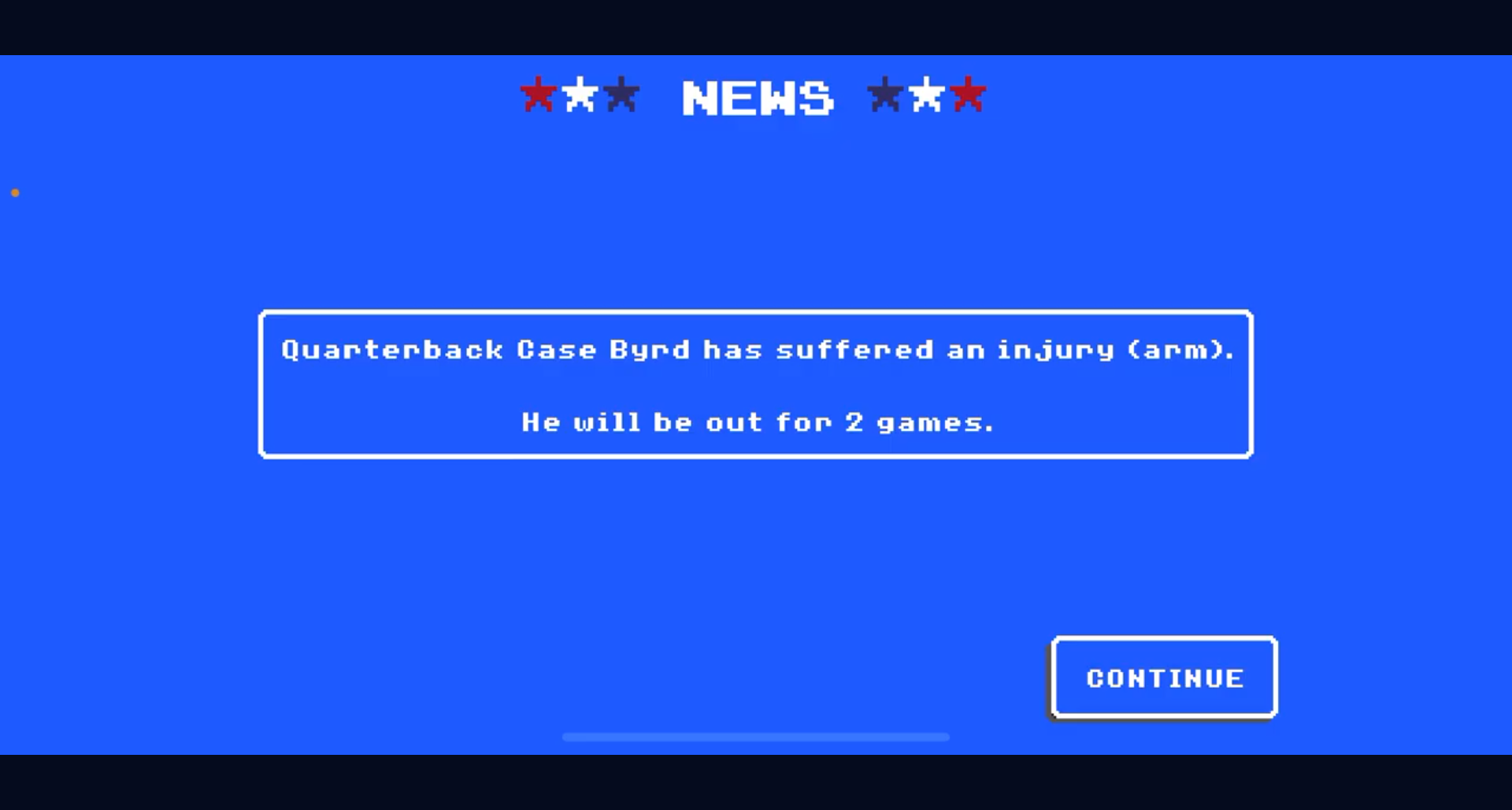Retro Bowl has emerged as a beloved mobile football game, capturing the hearts of players with its engaging gameplay mechanics and nostalgic graphics. One crucial skill that can dramatically enhance your gameplay success is learning how to throw bullets in Retro Bowl. Mastering bullet passes can make the difference between a thrilling touchdown and a frustrating turnover. In this article, we will explore everything you need to know about bullet passes, including how to execute them, common mistakes to avoid, and advanced techniques to maximize their effectiveness.
Understanding the Basics of Retro Bowl
Game Overview
In Retro Bowl, players engage in fast-paced, arcade-style football that focuses on strategy and skillful play. The main objectives include scoring touchdowns, managing team dynamics, and making tactical decisions to outsmart opponents. Understanding the game’s dynamics is essential for successful play, and using the right passing techniques can greatly influence the game’s outcome.
Player Controls
The control layout in Retro Bowl is intuitive, designed for easy navigation and execution of plays. Players utilize touch controls for throwing passes and moving around the field. Key features include:
- Throwing: Different types of passes can be initiated based on the timing and touch on the screen.
- Movement: Players can sprint, dive, or spin to avoid tackles.
- Quick Actions: Shortcuts for switching between players and calling audibles add to the strategic depth.
What Are Bullet Passes?
Definition of Bullet Passes
A bullet pass is a type of throw in football characterized by its swift, flat trajectory, allowing the ball to reach the receiver quickly. This technique is particularly valuable in tight situations where defenders are pressuring the quarterback. In contrast to lofted passes that arc high and touch passes that require more finesse, bullet passes are aggressive and direct, making them essential for effective gameplay.
Importance of Bullet Passes
Bullet passes shine in scenarios where quick decisions are crucial. Some vital situations to utilize bullet passes include:
- When facing tight coverage from defenders.
- During crossing routes where immediate delivery can capitalize on openings.
- In high-pressure situations, such as third downs or red zone opportunities.
These passes not only preserve momentum but also provide a strategic edge in high-stakes moments.
How to Throw Bullets in Retro Bowl
Mastering the Controls
To execute a bullet pass effectively, follow this step-by-step guide:
- Select the right player – ensure your quarterback is in an unobstructed position to make the throw.
- Adjust the aiming – use your finger to line up the aim towards your intended receiver while considering defenders’ positions.
- Power settings – apply a firm touch on the screen to initiate a bullet pass; the force you use will determine how far and fast the pass travels.
Timing and Precision
Effective timing and precision are crucial when throwing bullet passes.
- Timing: Release the ball when the receiver is in a position to catch it, usually as they make their break.
- Precision: Avoid defenders by leading your receiver; aim for their path rather than directly at them, ensuring they can catch and run.
Pay special attention to defensive alignments that may affect your throw; practice reading defenses to enhance your timing skills.
Maximizing Bullet Pass Efficacy
To get the most out of bullet passes, consider the following strategies:
- Reading defenses: Observe defensive players’ movements to pinpoint open receivers.
- Recognizing receiver patterns: Understand your receivers’ routes and how they adapt to defensive schemes.
- Practice in various scenarios: Train with both running and stationary positions to enhance your adaptability.
Regular practice will improve your ability to throw bullets under pressure.
Common Mistakes to Avoid
Overthrowing or Underthrowing
Inaccurate throws can lead to turnovers. Common causes include:
- Misjudging power – too much power can result in overthrown passes.
- Impulsive throws – rushing to throw instead of assessing the situation can lead to underthrows.

To improve consistency, focus on gradually building throw power based on the receiver’s distance.
Poor Timing and Decision-Making
Bad timing can cause intercepted passes or missed opportunities. Remember to:
- Be patient and don’t rush your throw; wait for your receiver to be open.
- Observe the field for potential defensive gaps before making a decision.
Misreading Defensive Coverage
Analyzing defenses can significantly improve your passing success. Focus on:
- Identifying zone vs. man coverage to make informed throw decisions.
- Adjusting your pass expectations based on opposing player formations.
Studying common defensive setups will help you anticipate and counteract defensive strategies.
Advanced Techniques for Expert Players
Using Bullet Passes in Specific Plays

Bullet passes are particularly effective in certain plays. Consider using them in:
- Quick slants: Take advantage of defenders’ blind spots.
- Out routes: Deliver a quick strike to beat defenders on the sidelines.

Adjust your throws based on the receiver’s speed and the situation on the field to maintain an offensive edge.
Combining Bullet Passes with Other Maneuvers
Consider integrating bullet passes with:
- Runs: Following a fake run with a bullet pass can confuse defenders.
- Fakes: Utilize fakes to create space for your receivers, improving their odds of catching a bullet pass.
This combination of strategies will create unpredictable plays that keep defenses guessing.
Conclusion
In conclusion, mastering how to throw bullets in Retro Bowl involves understanding the game’s fundamentals, perfecting throwing techniques, and avoiding common pitfalls. By practicing regularly, analyzing defenses, and integrating bullet passes with other strategies, players can greatly enhance their gameplay experience. Embrace the challenge of throwing bullets in Retro Bowl, and you’ll see noticeable improvements in your performance on the field.
Additional Resources
For those looking to deepen their understanding and skills, consider the following:
- Watch tutorials on YouTube that specialize in Retro Bowl mechanics.
- Join online forums and communities to share tips and strategies, such as the Retro Bowl subreddit.
| Aspect | Description | Importance |
|---|---|---|
| Bullet Pass | Quick, flat trajectory pass | Essential for tight coverage scenarios |
| Timing | Releasing the ball at the right moment | Critical for catching receivers in stride |
| Precision | Aiming for the receiver’s path instead of their location | Reduces chances of interception |
| Defensive Reading | Analyzing defensive setups | Improves throw decisions and successful completions |
Frequently Asked Questions (FAQ)
1. What is the difference between a bullet pass and a lofted pass?
A bullet pass is thrown with a flat trajectory for quick delivery, while a lofted pass has a higher arc and is used for longer distances or when the receiver is beyond defenders.
2. How do I improve my timing for bullet passes?
Practice regularly, focus on receiver movements, and adjust your release timing based on their routes to build better timing.
3. Can bullet passes be intercepted easily?
Yes, if thrown carelessly, bullet passes can be intercepted. Always assess the defense and choose the right moments to throw.
4. What are the best scenarios to use bullet passes?
Use bullet passes during tight coverage situations, quick routes, and when needing to capitalize on defensive errors.
5. How can I incorporate bullet passes into my gameplay strategy?
Combine them with other maneuvers like runs and fakes, and practice reading defenses to increase their effectiveness.
6. Are there specific players better suited for throwing bullet passes?
Quarterbacks with higher throw power and accuracy ratings are typically better suited for throwing effective bullet passes.
7. How often should I practice bullet passes?
Regular practice is key—try to include bullet passes in a variety of scenarios during each gaming session.
8. Can I use bullet passes in multiplayer matches?
Absolutely! Bullet passes can be effective in both single and multiplayer modes in Retro Bowl.
9. What are common mistakes players make with bullet passes?
Common mistakes include overthrowing or underthrowing, poor timing, and misreading defensive coverage.
10. Is there a specific time during a game when bullet passes are most useful?
They are particularly beneficial in high-pressure situations like two-minute drills or during critical downs when quick completions are necessary.